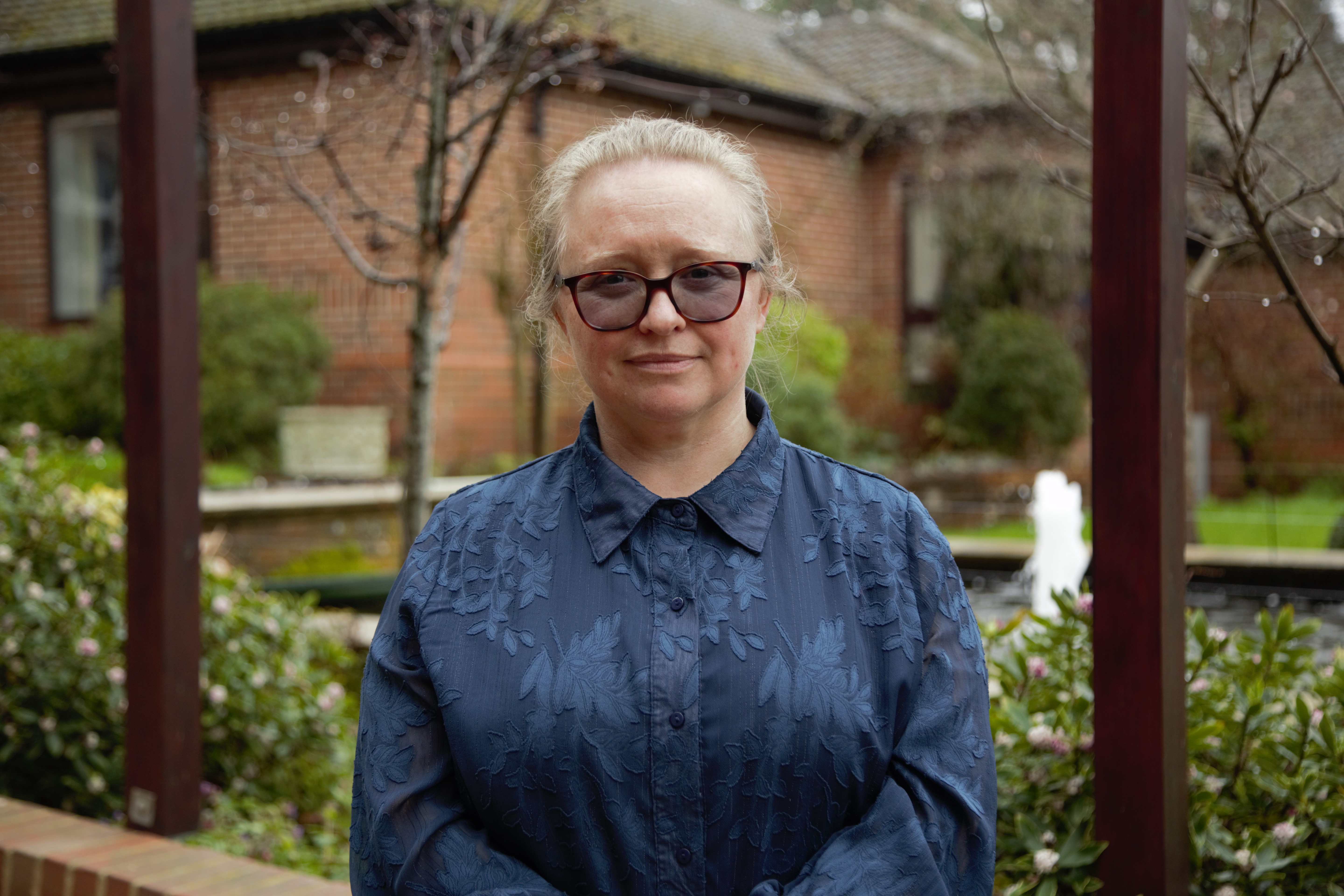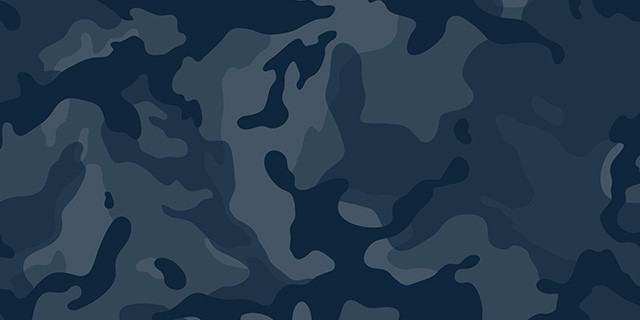Clare's Story
In this new film Army veterans Clare and Dale, as well as Christine, partner of Army veteran Andy, share how military trauma was destroying their lives before our specialist mental health treatment helped put their lives back together.
“The black dog is a battle that will never be won - but it can be controlled.”
“I joined the Army in 1997 aged 18 and during my 10 years I was posted all over the world, including Cyprus, Kenya, Jordan, Sierra Leone and Northern Ireland, then I was at the permanent joint headquarters in London when 9/11 happened. It felt like everywhere I went something happened, so there wasn’t one single incident that triggered my PTSD.
"I left the Army in November 2007 and spent five years working for private security companies where I was surrounded by ex-military personnel, so it still felt like I was in the Army.
"I moved back to the UK, had my son, and a while later got my first job in the civilian world, which is when things started to go wrong. I didn’t have a clue about civilian people - I couldn’t understand them, and they didn’t understand me.
“I started to experience mental health problems and found life confusing at that point. I couldn’t understand what was going on, why I was feeling like that when as far as I knew, I had no reason to. The thought of talking to someone about it was too much and I was terrified someone would take my son away.
“By 2016 I was really struggling with everyday life, and the turning point was when my little boy was three. My mum came over and asked: “where’s Mummy?”. He replied: ‘crying, Grandma’. My mum asked what was going on and that was it; the floodgates opened, and it all went from there. I don’t remember too much about that time as I was really poorly, and I have large gaps in my memory. I have very little memory of my son’s toddler years, which I hate.
“I had unknowingly been battling depression for over 20 years. It wasn’t until I became a mother and couldn’t do the things I used to do to escape, like travelling, that things started to unravel, and I had to ask for help. Making that admission was the hardest thing I’ve ever had to do.
“I received a bit of help through the NHS but when that stopped, I called Combat Stress’ Helpline in 2016. I was diagnosed with PTSD and because I was a working single mum, Combat Stress tailored my treatment to two separate residential weeks at the southern hub, Tyrwhitt House, rather than expecting me to do the full programme in one go.
“When I was at Tyrwhitt House, I and other veterans were shown a film about depression called The Black Dog. Every single one of us cried, because it made us all realise we were ill, but it was ok to be ill. I credit that video with saving my life because until then I couldn’t understand what was wrong with me.
“Part of my treatment was exploring the therapeutic benefit of art. I was sceptical at first and I’d disliked art at school, but I got really engrossed in it. It was phenomenal and I spent every spare minute thinking what can I make?

“When it came to naming the business, I really wanted to incorporate the black dog into it. The business is to do with arts and crafts, so I came up with The Crafty Black Dog. The ‘crafty’ relates to arts and crafts, but also because the black dog can be so crafty and just appear – you’re fine one moment then he’s there again.
“Combat Stress’ treatment has made a huge difference to my life and my family. I brought back my art folder from Tyrwhitt House and was able to show my family what I’d done. It helped them understand and it opened a gateway for me to talk to my mum about it all. She knows what to look out for now and is really good at spotting signs and saying ‘have you taken your tablets? Are you ok?’.
“I’d like to say thank you to Combat Stress for helping me. I never served on the front line, or lost limbs so I didn’t think I deserved their help. They made me realise that it doesn’t matter and gave me the tools to learn how to control my mental health to the best of my ability. Don’t get me wrong, I still have bad days and the black dog is a battle that will never be won - but it can be controlled.”

Support Our Veterans
Donate to Combat Stress today!
Support UK Veterans: Every contribution counts.
Even a small donation can make a big difference in providing life-saving support to those who have given so much. Thankyou.
